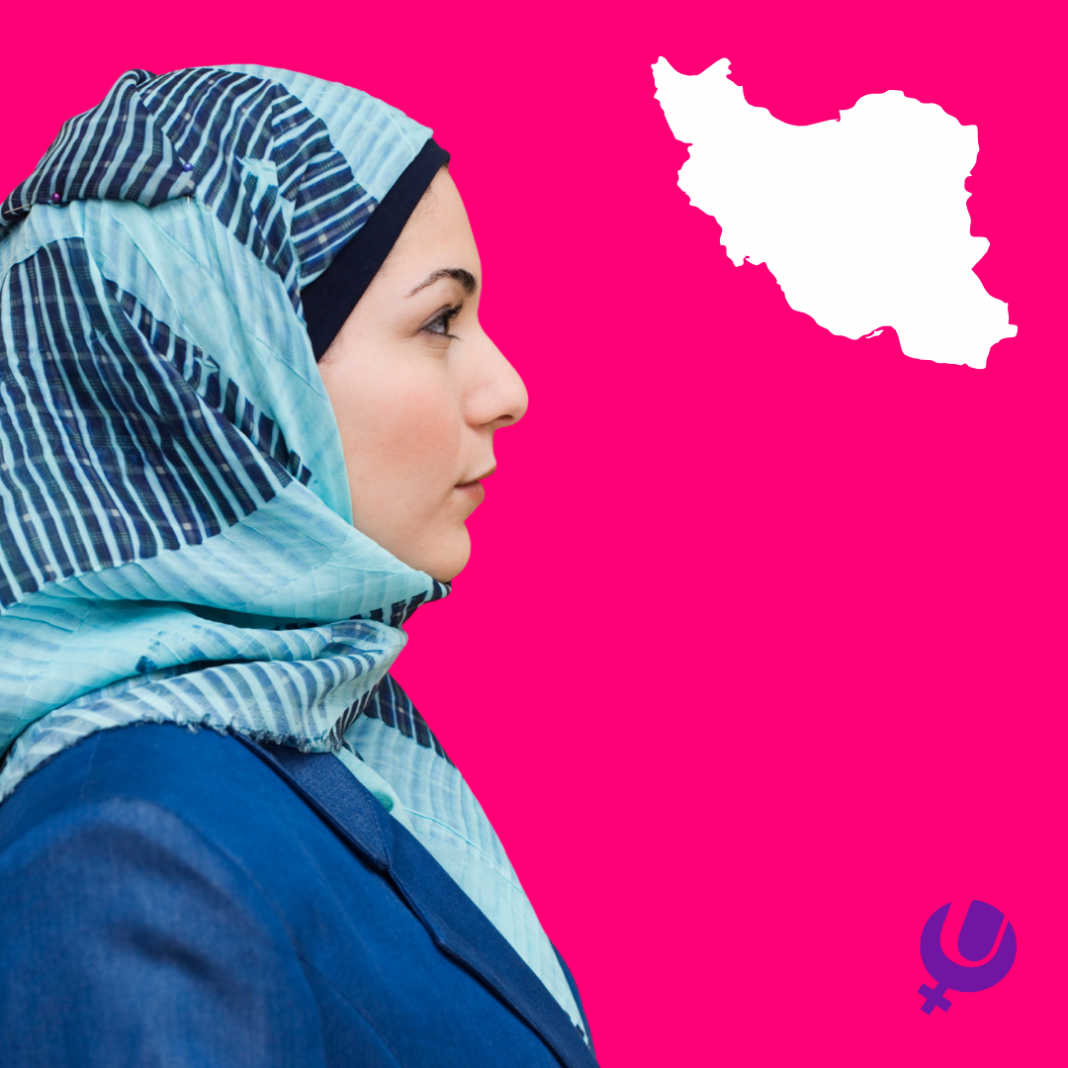The World Economic Forum’s 2017 Global Gender Gap Report ranked Iran 140 out of 144 countries for gender parity. This means it is one of the places where women are not granted as many rights as women.
Iran located in Western Asia continues to treat its women and girls as second class citizens.
The following are laws that discriminate against women in Iran.
- Article 1117 of the civil code allows a husband to prevent his wife from obtaining a job he deems against family values or his reputation. Some employers require engaged or married women to provide a written statement of permission from their husbands in order to be hired. And some outrightly do not employ women because they believe that they cannot work long hours.
- Article 18 of the passport law allows a husband to refuse permission to his wife to travel. This discourages employers from considering women for roles that involve travel.
- Iran’s penal code (Article 147) stipulates that a child can be held criminally responsible once they attain puberty. This age is put at 9 years for girls and 15 years for boys. This means that girls can be persecuted at a much younger age than boys. While trying children criminally is a violation of global standards, the law is discriminatory against women.
- When monetary compensation is paid to surviving next of kin, money paid to women is usually half the amount paid to men. This monetary compensation is called Diyyeh and is usually paid by the governmental Fund for the Provision of Physical Damage. Though in July 2019, Iran’s Supreme court voted to equalize the payments, half the amount is still being paid to women.
- Article 630 of the penal code grants a man exemption from criminal liability and qisas (retaliation) if he kills or assaults his wife after seeing her committing adultery with another man.
- According to Iran’s Civil code, offences are proven by the testimony of two men or one man and two women. The value of a woman’s testimony is half of a man’s testimony. In cases where women’s testimony had to be sought probably because men were not present, two women have had to replace one man.
A woman’s testimony is often required to be supported by a man’s testimony in order to be considered. In cases where childbirth or virginity needs to be established, the testimony of four women is sought as it is equal to two men.
- Women cannot also be appointed as judges. They can be appointed as assistant judges in lower courts, but even then, they cannot issue final judgements.
- Iranian women who get married to foreign nationals cannot transfer their nationality to their children. However, Iranian nationality is granted to persons born to an Iranian father, irrespective of where they are born.
- According to article 1108 of the Civil Code women are responsible for fulfilling their husbands’ sexual needs. Failure to do so can lead to a wife losing her right to spousal support.
- Though a woman can obtain physical custody of a child, she cannot be the legal guardian of the child. This means that the father retains authority over major decisions of the child’s life. In a divorce, the mother is given preference to have custody until a certain age – 2 years old for boys and 7 years for girls. If she remarries, she loses the right to the custody of the children.
- Men are allowed to divorce their wives for whatever reason they deem fit, while women are only allowed to apply for divorce in limited conditions such as the husband’s addiction, imprisonment or refusal to support the family financially. The woman must also prove that the abuse couldn’t be tolerated beyond the point at which she sought a divorce.
- Cases of domestic violence are prosecuted as crimes of assault and require two male witnesses or four female witnesses. Spousal rape is also not a crime in Iran.
- Muslim women are not allowed to marry non-Muslim men, however, Muslim men can marry women of any religion.
- There is also no minimum age for marriage. Children are allowed to get married once they reach the age of 13 (for girls) and 15 (for boys). Girls and women require the permission of a male legal guardian to marry for the first time, regardless of age. Despite the age bar set, girls under 13 and boys under 15 can be married with the consent of their legal guardian and the sanction of a court.
- Women who do not wear a hijab can be imprisoned for ten days to two months and may be required to pay fines from 50,000 up to 500,000 rials.
Urban Woman Magazine is covering laws against women in every country. Are there laws in your country that discriminate against women, tell us about it. Send an email to [email protected]
Read Also: Women Protest Rape Culture In Senegal
Blessing Iyamadiken loves the art of storytelling and enjoys creating all types of content from news to entertainment. She is also a feminist and very passionate about Gender Equality. In her spare time, she loves to read or binge on Netflix.

